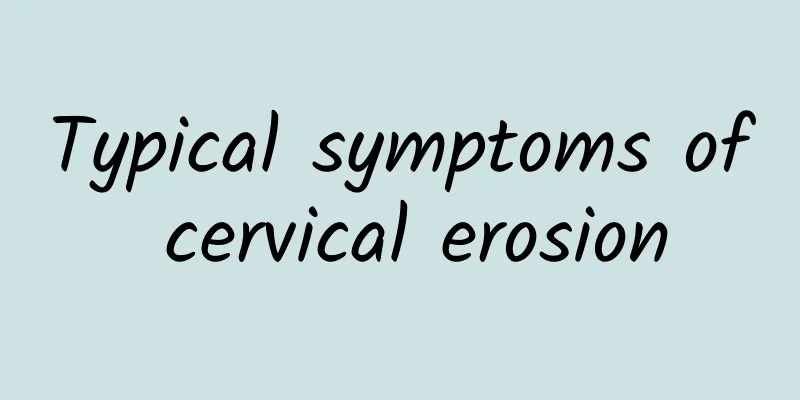What are the reasons for girls not having menstruation? First of all, it may be pregnancy

|
The reasons why girls do not have menstruation are, first of all, pregnancy factors, which is more common; secondly, drug factors, including contraceptives, weight-loss pills and drainage drugs, which may all cause girls to not have menstruation; then there are some pathological factors, including pituitary factors, uterine factors and ovarian factors; finally, there are some other factors. In real life, due to various reasons, many women do not have menstruation, which brings serious mental distress to women, fearing that it will affect their physical health. So, what is the reason for this situation? Let's find out! |
<<: Can endocrine disorders cause amenorrhea?
Recommend
What is the HCG range for biochemical pregnancy?
Generally speaking, after women have adverse symp...
Diet for auxiliary treatment of pelvic inflammatory disease
Diet for auxiliary treatment of pelvic inflammato...
How to eat on a weight loss diet? Drink this cup before meals to lose weight and burn fat more efficiently
If you want to lose weight successfully, you must...
Postpartum recovery relies on yoga to shape your body and beautify your figure
After ten months of pregnancy, do you feel reliev...
Precautions after painless abortion
Painless abortion refers to an artificial abortio...
Is it possible to slim down your belly without losing your breasts? 5 major weight loss questions, experts honestly say...
Want to lose weight but not to the chest? Can you...
Experts answer common questions about the cost of treating cervical hypertrophy
The cost of treating cervical hypertrophy is a co...
Why do I get leukoplakia after childbirth? Why do I get gynecological inflammation after childbirth?
Postpartum is an important stage in a woman's...
What to do if you have adenomyosis and uterine contraction and miscarriage
Generally speaking, many people say that adenomyo...
How long after induced abortion can I have sex?
How long after induced abortion can you have sex?...
What are the precautions for treating cervical erosion? Pay attention to these matters when treating cervical erosion
What are the misunderstandings about the treatmen...
Burn fat and sculpt at the same time! Do this TRX exercise to get rid of your fat belly!
In recent years, fitness has become popular, and ...
What are the main types of symptoms of female vaginitis?
In gynecology, the symptoms of vaginitis are comm...
Best hospital for the treatment of cervical warts
The number of people suffering from cervical wart...
Shu Qi lost 1.5 kg in 3 days through the lazy slimming program
Sexy goddess Shu Qi is popular across Taiwan, Mai...









